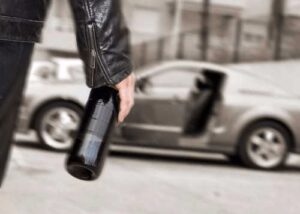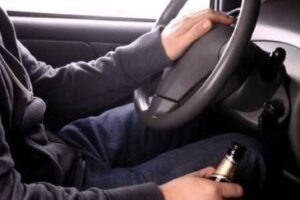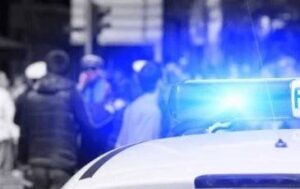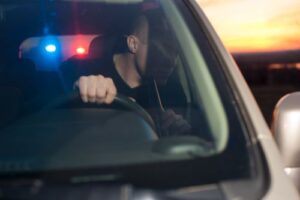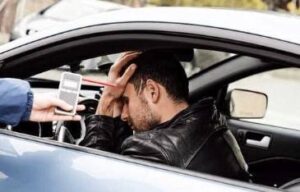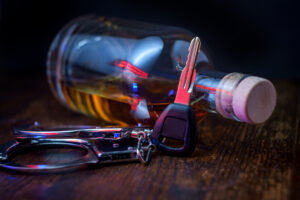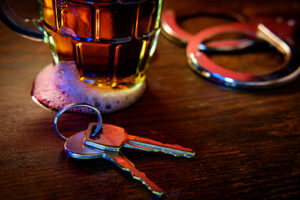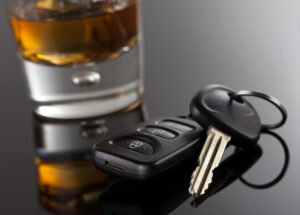Do You Need Legal Help?

"Deandra Grant Law fights hard for their clients and is always willing to go above and beyond. They are the best firm for DWI cases in DFW and beyond. Definitely hire them to represent you in any pending cases."
- P. Williams

"Deandra Grant made a tough situation so much better. She listened to my concerns and helped me so much with my case. I would recommend her to anyone needing legal services."
- M. Haley

"Deandra Grant Law handled my case with diligence and professionalism. Deandra Grant's reputation is stellar and now I know why. She has a team of individuals who provide quality service."
- N. Coulter
As Seen On





A Fighting Team On Your Side
Since 1994 when our doors opened, Deandra Grant Law has helped thousands of clients get their DWI charges reduced or dismissed. We're ready to fight on your behalf.

Managing Partner
Partner & Criminal Division Chief
Criminal Division Senior Associate
Criminal Division DWI Trial Chief
Immigration Division Chief & Criminal Division Deputy Chief
Criminal Division Associate
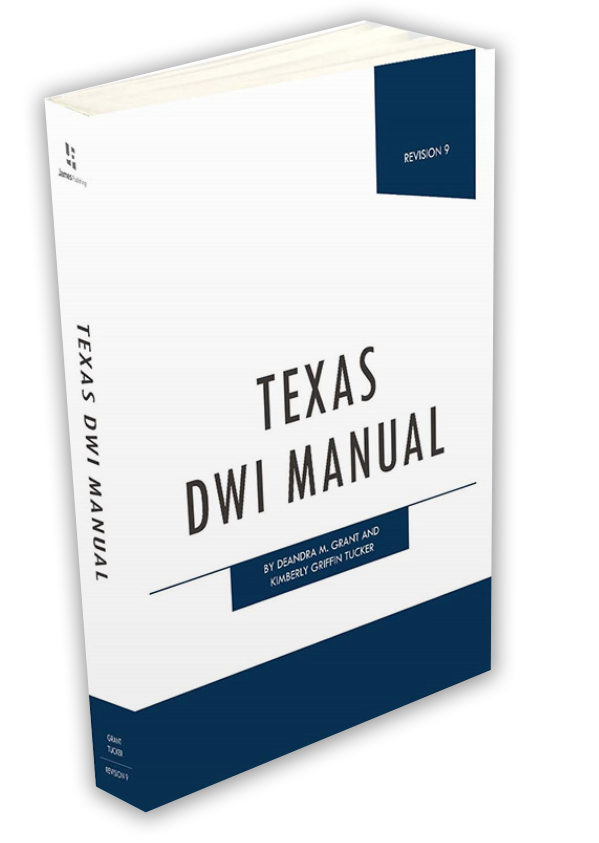
Texas DWI Manual
By Attorney Deandra Grant
Fighting DWI charges can present many challenges, not only for the defense, but prosecutors as well. This is why it is important to be armed with the necessary knowledge so you understand the DWI process.
Attorney Deandra M. Grant is the co-author of the Texas DWI Manual, offering legal advice to both clients and fellow attorneys. Fighting DWI charges can present may challenges, not only for the defense, but prosecutors as well. This is why it is important to be armed with the necessary knowledge so that you understand the DWI criminal process.
Learn MoreFactors That Affect Field Sobriety Tests
There are multiple factors that can affect the outcome of field sobriety tests and breath or blood tests in conjunction with your DWI arrest.
Experienced Texas DWI lawyer, Deandra M. Grant, is here to help you if you need to challenge field sobriety test results and fight your DWI charges. Attorney Grant offers a consultation to discuss your case and represents clients throughout all of Texas. She is a trained instructor in Standardized Field Sobriety Tests and has completed extensive training on the operation and maintenance of the Intoxilyzer 5000 (breath test machine) and on forensic blood alcohol testing. All of this knowledge and experience makes her attuned to the problems that may occur during testing and how to challenge test results in court in order to protect her clients’ rights and interests.
Field Sobriety Testing
Field sobriety testing can be easily affected by any of a number of factors, including:
- Traffic and road conditions
- Very cold or very hot weather
- Wind
- Dust in your eyes
- Age
- Weight
- Lack of sleep
- Natural lack of coordination
- Natural inability to duplicate instructions
- Physical injuries (to the legs, inner ear, etc.)
- Nervousness
- The type of shoes you are wearing
Related Blogs
Medical Conditions
Medical conditions can affect the reliability of field sobriety tests and chemical tests to measure alcohol.
There are numerous conditions which can affect the accuracy of chemical testing and the appropriateness of field sobriety testing:
- Reflux disease / GERD
- Diabetes
- Epilepsy
- Stomach surgeries
- Prior head injuries
- Use of an inhaler
- Unusual diets
- Dentures
- Vomiting
- Smoking
- Asthma or lung problems
- Inner ear problems
It is important to hire an attorney who is familiar with the particular testing methods and how they may be impacted by outside conditions. Our Texas DWI attorneys have what it takes to fight against the results of your field sobriety test.
Client Reviews
![]()
“Deandra Grant Law handled my case with diligence and professionalism. Deandra Grant’s reputation is stellar and now I know why. She has a team of individuals who provide quality service.”






